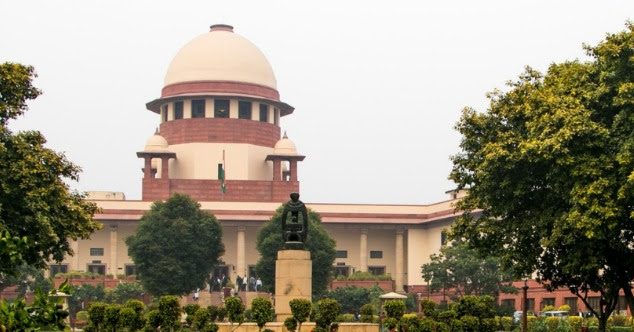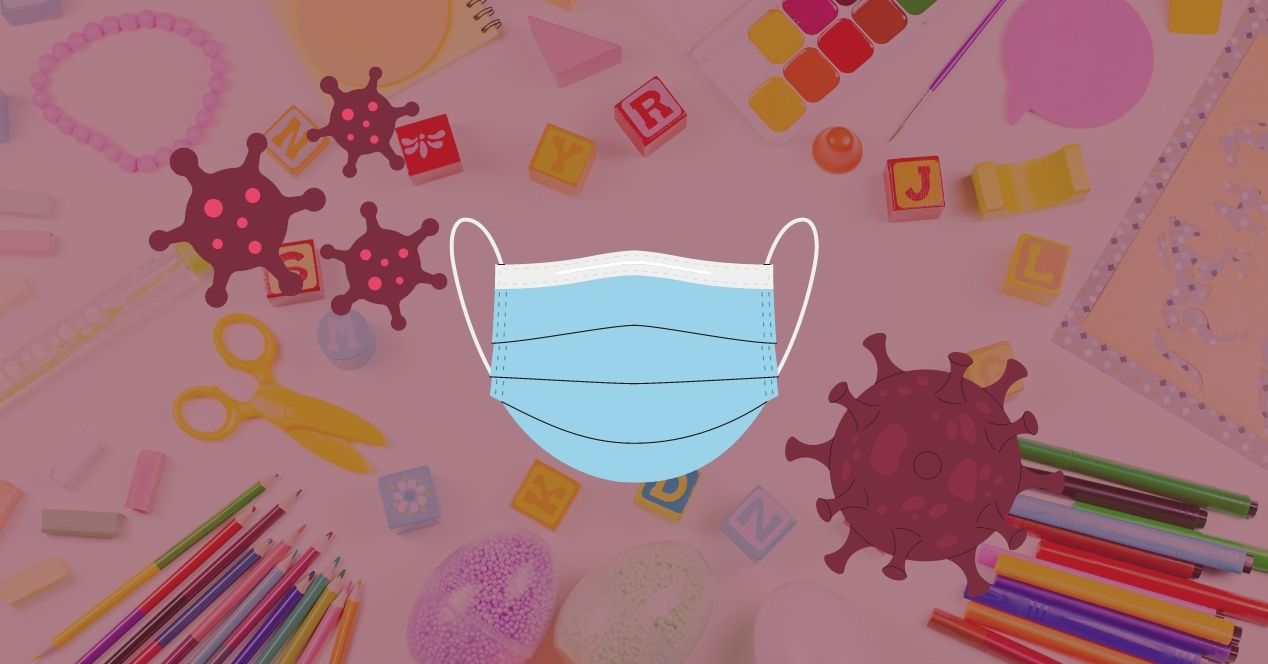Analysis
COVID Coverage: Children in Protection Homes, April 25th 2022
The Bench directed all States to follow NCPCR’s suggestions for the identification and rescue of CISS until they framed local guidelines.
On April 25th, Justices L. Nageswara Rao and B.R. Gavai continued to hear a suo moto case concerning the identification, rescue, and rehabilitation of children in street situations (CISS).
The Court previously directed the National Commission of Child Protection Rights (NCPCR) to devise a policy for this purpose after amicus Advocate Gaurav Agrawal pointed out that there was no uniform standard for the care of India’s CISS. The NCPCR submitted its suggestions on February 17th, 2022.
As previously noted by this reporter, the concerns of trafficked children caught the Court’s attention in an earlier suo motu case from 2021. In those proceedings during the beginning of the pandemic, the Court attempted to ensure that children in protection homes were treated in accordance with the Juvenile Justice Act, 2015. The Court’s concern soon extended to include CISS yet to be rehabilitated into child protection homes.
The NCPCR’s policy suggestions specify the responsibilities of all relevant officials in caring for CISS. The policy also lists the immediate services that States and Union Territories (UTs) must provide to such children. Finally, the suggestions enumerate additional measures to protect children who have been victims of sexual abuse, child labour, trafficking, and drug peddling.
State governments and UTs are expected to draft local guidelines based on the NCPCR’s policy. Mr. Agrawal informed the Court that very few State governments had framed their own guidelines since February. So far, only Chhattisgarh has framed guidelines and communicated them to the NCPCR. While Delhi and Tamil Nadu have framed their guidelines, they are yet to share details with the NCPCR. The Bench directed all State governments and UTs to follow the NCPCR’s suggestions until they framed their own guidelines.
In a previous hearing, Intervenor Mr. Amod Kanth, founder of the NGO Prayas which works in the interest of vulnerable children, informed the Court that many NGOs who worked on the ground had conducted exercises to identify and maintain records of CISS in the past. He stated that these organisations should be enlisted to ensure swift identification of CISS.
Today, the NCPCR informed the Court that it had launched a new website through which NGOs and civil society members could share details of CISS with the government. This website will be used alongside ‘Bal Swaraj’, a portal for State governments to comprehensively identify and rehabilitate street children.
State governments and UTs are expected to submit their guidelines in two weeks.




